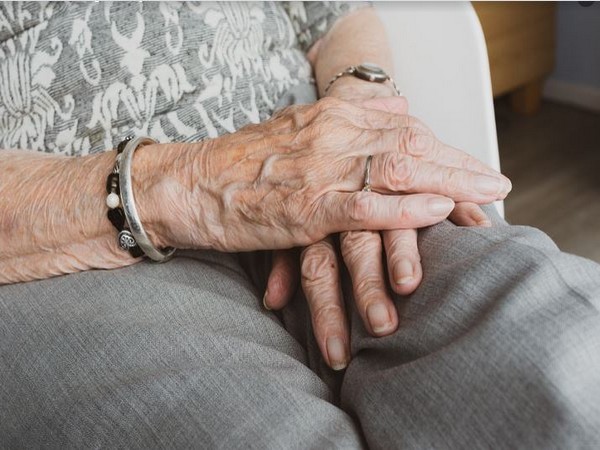Cuba's private sector provides elderly care - for those who can afford it
Ravelo's grandchildren - two who live in the United States, one in Spain and another who has stayed in Cuba - have recently brought on a private caregiver to attend her. Elderly care in Cuba has long been the domain of families - with exceptions for the vulnerable - but as migration and economic crisis unravel the communist-run island's long-held social safety net, some are seeking alternatives in the growing private sector.

Cuban Clotilde Ravelo is inching up on 90 years old, just fractured her hip and, to make matters worse, most of her family have migrated off the island, leaving behind a pressing issue: Who will care for her?
Enter Cuba's fast-growing private sector. Ravelo's grandchildren - two who live in the United States, one in Spain and another who has stayed in Cuba - have recently brought on a private caregiver to attend her.
Elderly care in Cuba has long been the domain of families - with exceptions for the vulnerable - but as migration and economic crisis unravel the communist-run island's long-held social safety net, some are seeking alternatives in the growing private sector. "I need help because I fell and I can't walk alone," Ravelo told Reuters from her apartment in the upscale Havana district of Vedado as caregiver Dorayne Gonzalez prepared her for an early morning session of stretching and calisthenics.
Ravelo is among 105 clients who now receive care from the Havana-based Tatamania agency, among the first private businesses in Cuba to attend the elderly, the disabled and sick children. Her predicament is not uncommon in Cuba.
Nearly one in four on the Caribbean island nation are over 60 years old, according to statistics agency ONEI in 2022. And record-breaking migration in recent years - stoked by widespread shortages of food, fuel and medicine - means many have been left without help at home. Tatamania President Yadira Alvarez said her company began to fill this void in 2022, the first private caregiver approved after a reform the previous year authorized private companies, forbidden since early in Fidel Castro's 1959 revolution.
The company now provides care in four provinces, including the capital Havana, 24 hours a day and seven days a week in both hospitals and private homes, she said. Tatamania charges clients between 150 pesos to 220 pesos (47 cents to 69 cents) per hour, depending on the level of care, a rate few in Cuba, where the average monthly state salary is less than 5000 pesos at the current black market exchange rate, can afford.
"Most of our clients are people who live abroad and who can pay for services provided to those they've left behind and vulnerable," Alvarez said. There is no publicly available data on how many seniors live alone in Cuba. But the government does provide convalescent homes for some, and healthcare, though suffering shortages amid the crisis, is free in Cuba.
Niuva Avila, a University of Havana sociologist who studies the plight of the elderly in Cuba, told Reuters care provided by companies like Tatamania, where she also serves as vice president, should be seen as part of a mix of options available to Cuba's fast-aging population - and not a silver bullet. "Cuban society is demanding care services for older adults (and) the State is insufficient to meet this demand," she said.
But for the lucky few like Ravelo, private help from her caregiver, Dorayne, has proved a blessing. "She spoils me and puts up with all my bad habits," she said.
(This story has not been edited by Devdiscourse staff and is auto-generated from a syndicated feed.)
ALSO READ
Former US ambassador sentenced to 15 years in prison for serving as secret agent for Cuba
Russia's prosecutor general arrives in Cuba for bilateral talks
Cuba calls on US to ease sanctions on eve of migration talks
Wildfire razes pinelands near top Cuba tourist town of Viñales
Cuba apologies to Canada for delivering wrong body to grieving family










